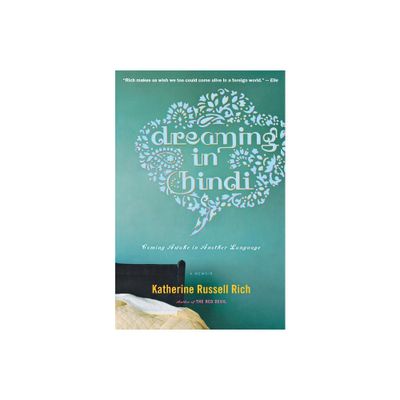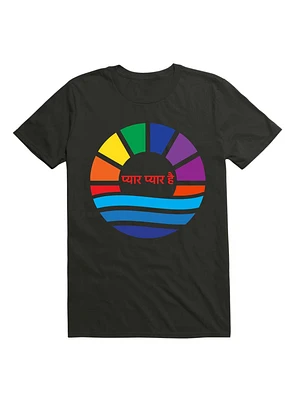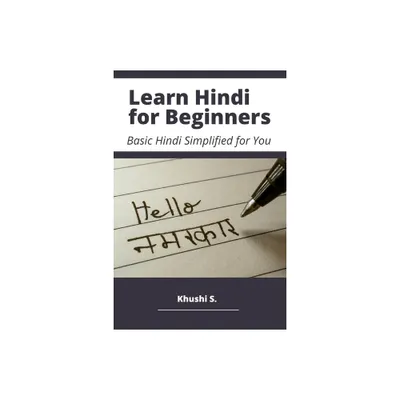Home
The Hindi Canon: Intellectuals, Processes, Criticism
Loading Inventory...
Barnes and Noble
The Hindi Canon: Intellectuals, Processes, Criticism
Current price: $35.00


Barnes and Noble
The Hindi Canon: Intellectuals, Processes, Criticism
Current price: $35.00
Loading Inventory...
Size: OS
*Product Information may vary - to confirm product availability, pricing, and additional information please contact Barnes and Noble
This book was first published in Hindi under the title
Hindi Alochana mein Canon-Nirman ki Prakriya
in 2015. It was acclaimed as one of the first critical studies of the processes of canonization (
pratimanikaran
) in Hindi. Indeed, the word ‘canon’ was used by the author to ask a new set of questions about the development of languages of criticism in Hindi, moving beyond the available vocabulary of
man
(worth),
mulya
(value),
pratiman
(epitome), and
manak
(evaluation). In the process, the theological roots of canon formation were shown to be foundational in the making of the Hindi critical lexicon and canon.
This book presents a systematic but critical account of the beginnings, development and history of the process of canonization in Hindi via such exemplary figures as George Grierson, Garcin de Tassy, Ramchandra Shukla, Hazari Prasad Dwivedi, Ram Vilas Sharma, Muktibodh, Namwar Singh, Nirmal Verma, and Vijaydev Narayan Sahi. It proposes an intellectual history of Hindi criticism in the twentieth century, which today faces the challenges of a decanonization move in the form of feminist and Dalit thought.
Hindi Alochana mein Canon-Nirman ki Prakriya
in 2015. It was acclaimed as one of the first critical studies of the processes of canonization (
pratimanikaran
) in Hindi. Indeed, the word ‘canon’ was used by the author to ask a new set of questions about the development of languages of criticism in Hindi, moving beyond the available vocabulary of
man
(worth),
mulya
(value),
pratiman
(epitome), and
manak
(evaluation). In the process, the theological roots of canon formation were shown to be foundational in the making of the Hindi critical lexicon and canon.
This book presents a systematic but critical account of the beginnings, development and history of the process of canonization in Hindi via such exemplary figures as George Grierson, Garcin de Tassy, Ramchandra Shukla, Hazari Prasad Dwivedi, Ram Vilas Sharma, Muktibodh, Namwar Singh, Nirmal Verma, and Vijaydev Narayan Sahi. It proposes an intellectual history of Hindi criticism in the twentieth century, which today faces the challenges of a decanonization move in the form of feminist and Dalit thought.

















